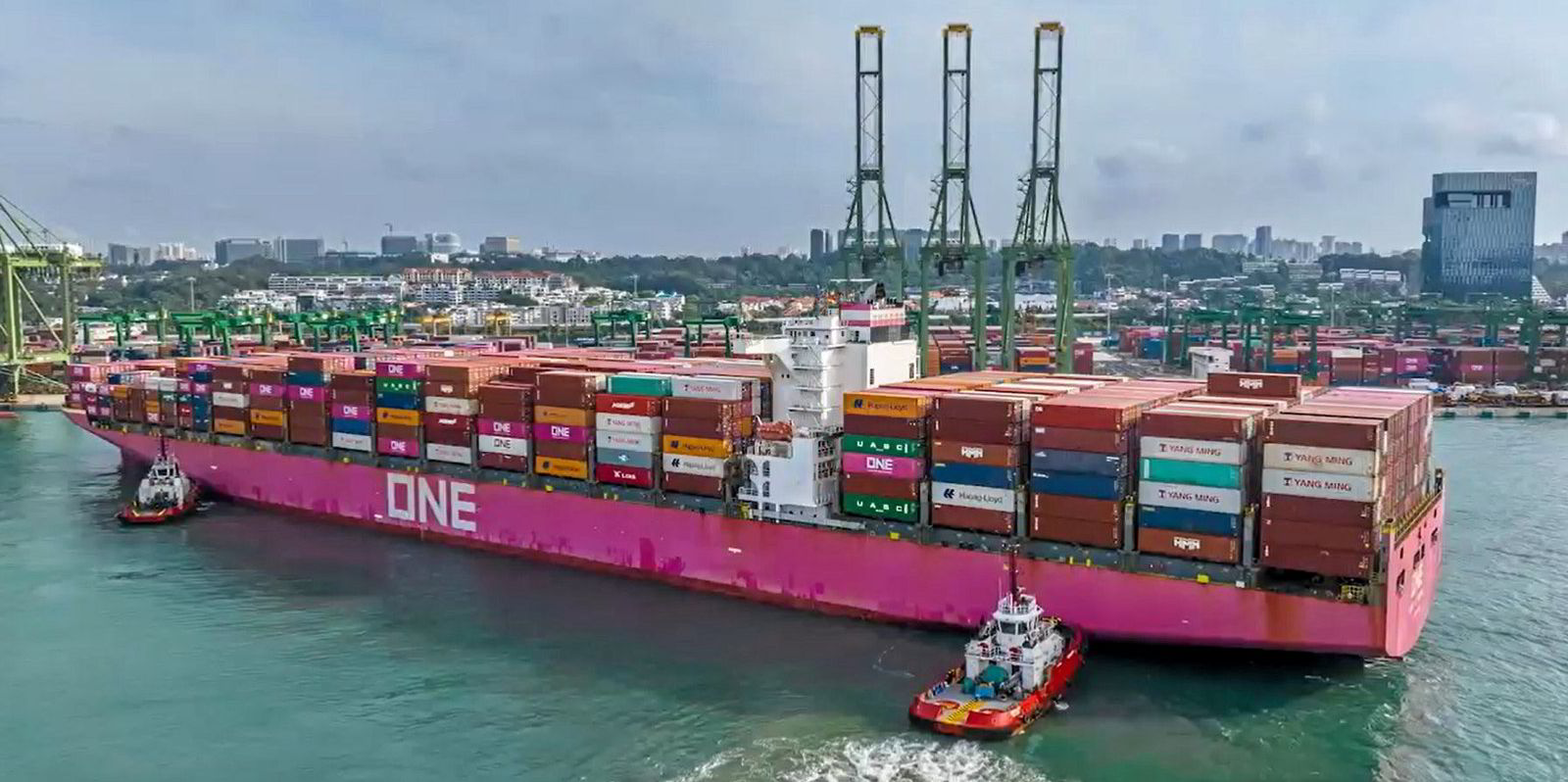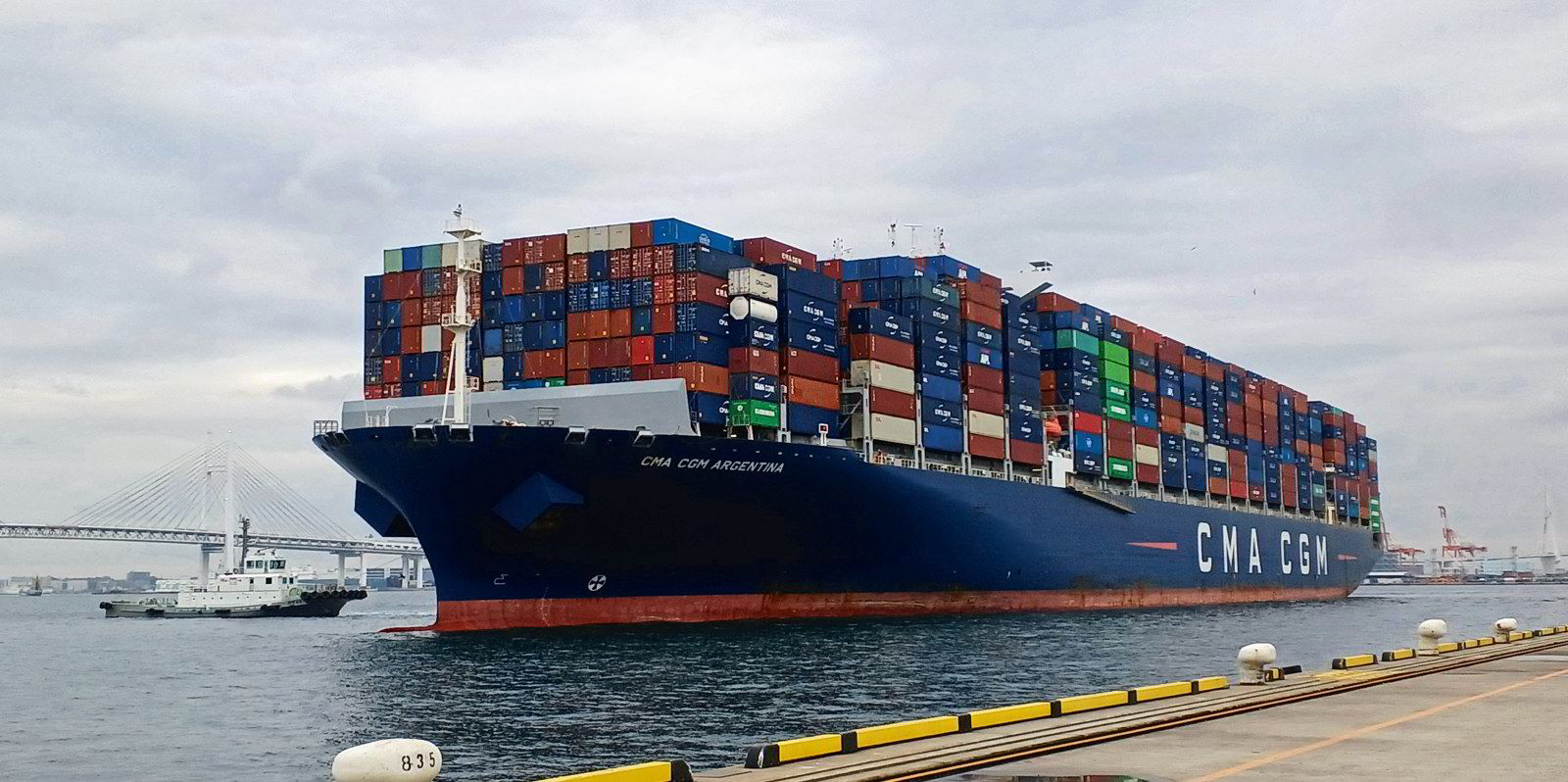Singapore is to use credit risk profiles to reduce the cost of port dues paid by shipowners calling at its ports and anchorage.
From 1 April, the Maritime & Port Authority (MPA) will waive the need for security deposits and banker’s guarantees for billing parties that it assesses to be of lower credit risk.
The move was announced by acting transport minister Chee Hong Tat at the Singapore Maritime Foundation New Year reception on Friday.
The MPA said this is expected to benefit about 80% of its existing billing parties and improve the businesses’ cash flow by more than $20m.
Currently, the MPA requires all parties that are billed more than SGD 5,000 ($3,750) annually to furnish a security deposit or banker’s guarantee to insure itself against default.
However, the regulator said it had studied how to take a more risk-based stance on its credit management and calibrate its approach towards billing parties based on their credit risk.
The MPA said it would “continue to work closely with our partners from the industry and unions to identify further rules we can review and other areas for improvement to simplify our processes, reduce compliance costs and shorten processing time”.
Chee said: “The government regularly reviews our processes to find better ways to achieve our policy and regulatory objectives, while reducing regulatory and compliance costs on businesses where possible.
“Each move may not be very significant, but when you put them together, they reinforce our competitiveness as a hub port and international maritime centre.”
He added that emerging technologies such as digitalisation, automation and artificial intelligence (AI) present “new possibilities for the sector to improve its efficiency and create new business opportunities”.
A record number of ships called at Singapore last year, with 3bn gt in vessel arrivals, the MPA confirmed at the end of December.
It was also said total business spending by key maritime companies in Singapore exceeded SGD4.8bn, up from SGD 4.3bn in 2022.
In addition, 25 companies established or expanded operations there last year, including those setting up sustainability desks as part of decarbonisation efforts.
Chee said Singapore’s maritime industry can expect some rough seas ahead, amid a more challenging operating environment.
“The global economy is expected to grow at a slower pace in 2024, while inflationary pressures and weak consumer sentiment may continue to weigh on economic and trade growth,” he said.
“Meanwhile, trade flows and supply chains are also being disrupted by geopolitical uncertainty and climate change.
“In 2024, maritime Singapore must find ways to navigate the stronger headwinds and choppier waters that we will see in the short term, while continuing to invest in industry transformation and talent development to secure our long-term growth and success.”





